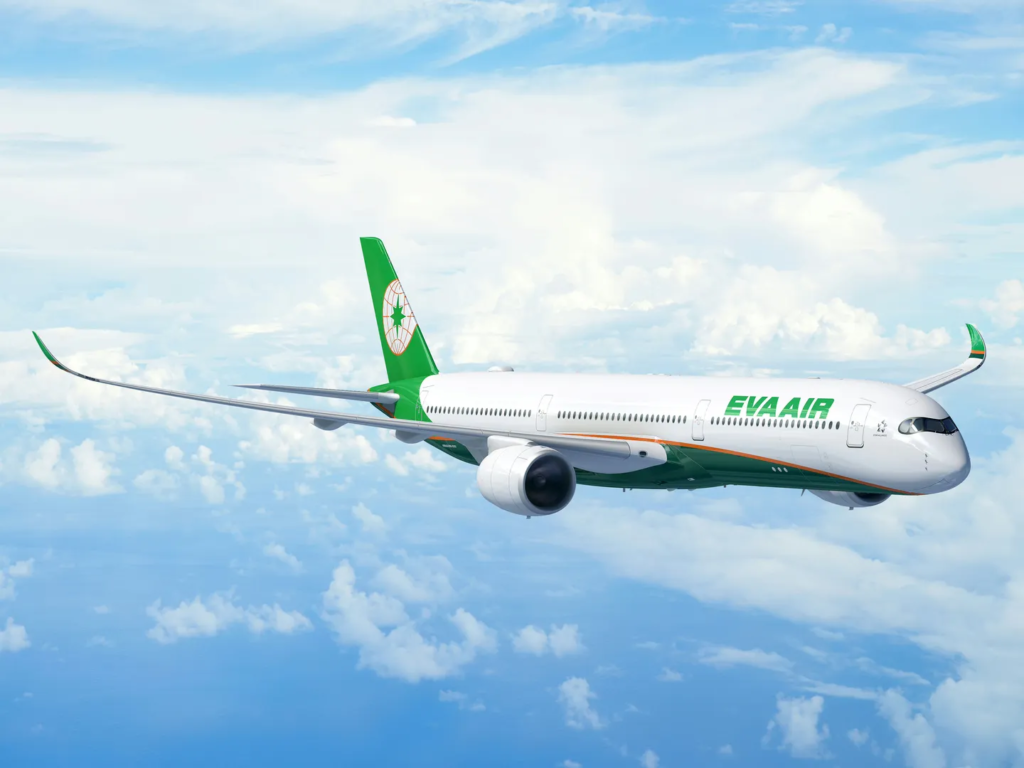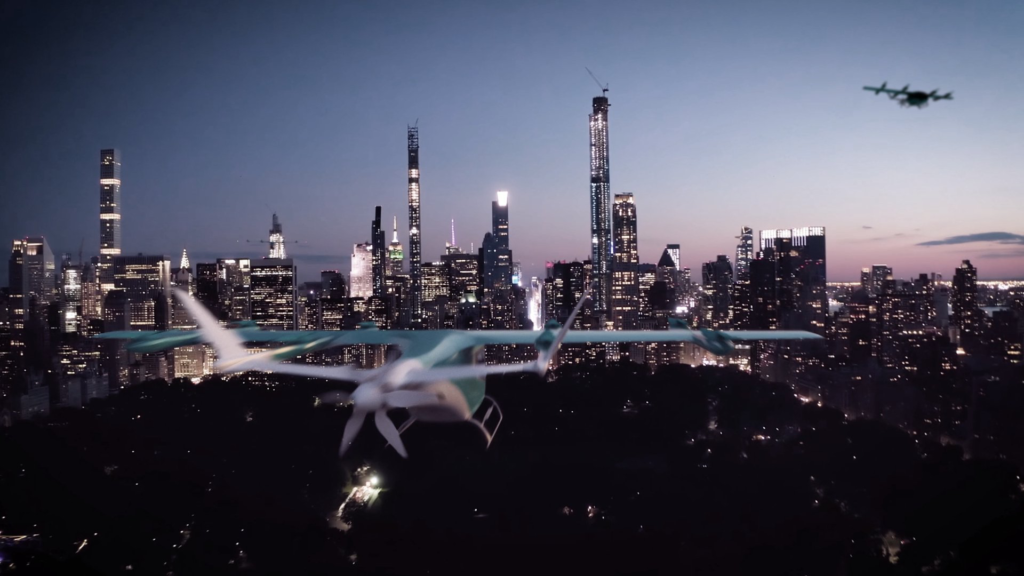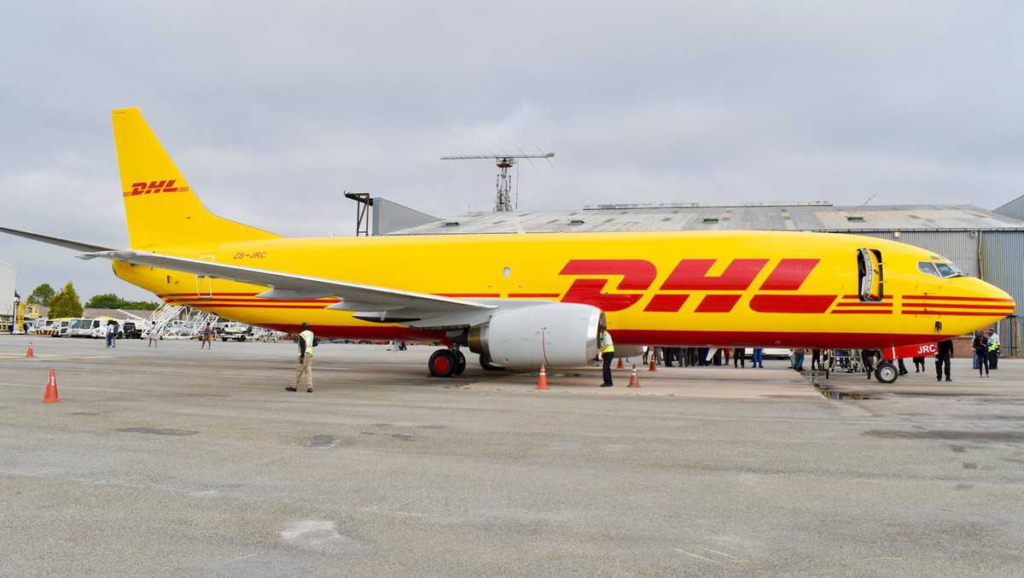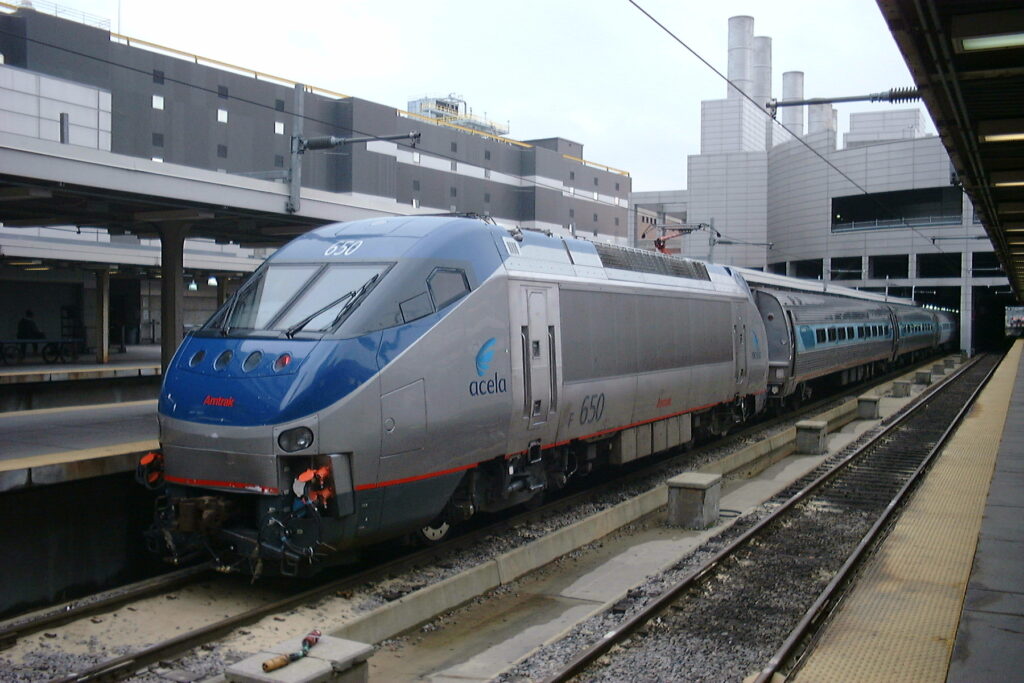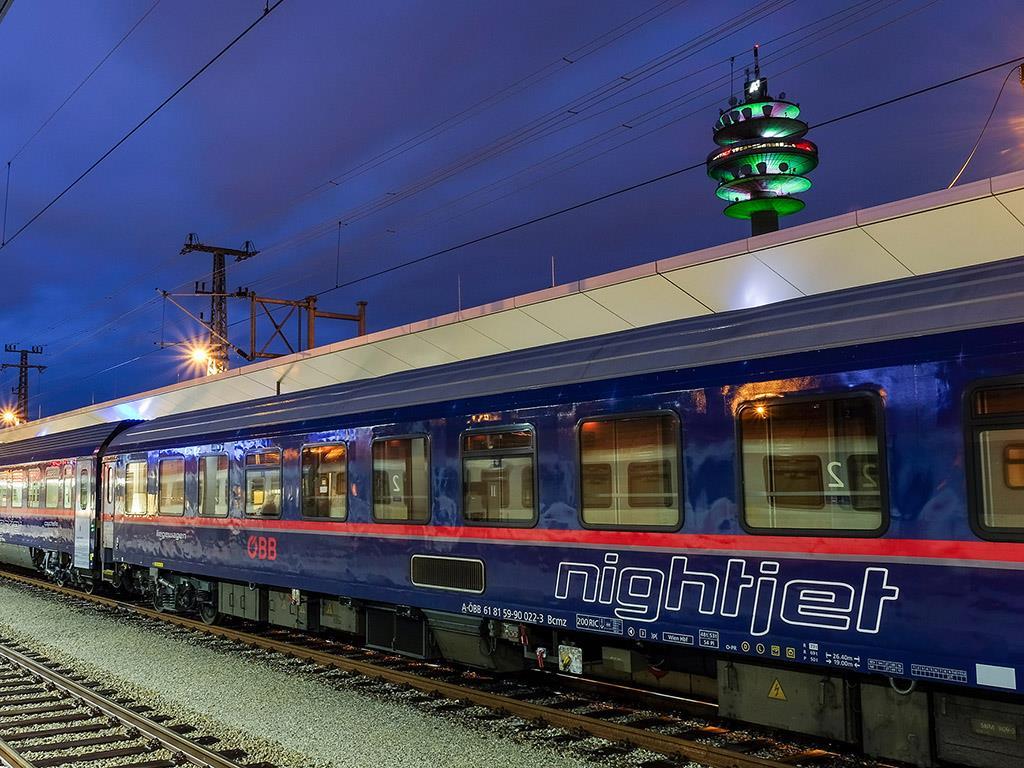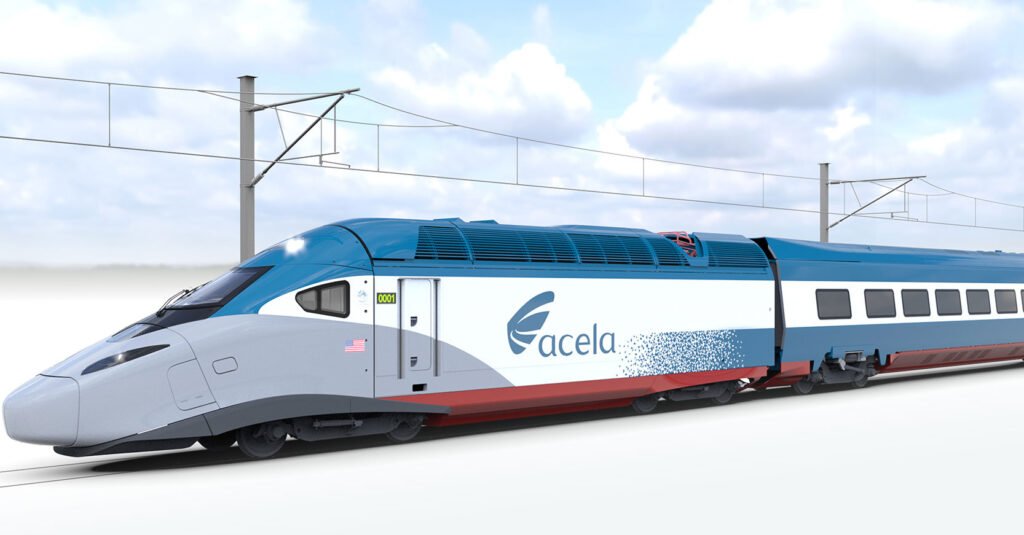Rolls-Royce welcomes EVA Air as new customer
Rolls-Royce Holdings PLC (London: RR) today announces it has signed a Letter of Intent for a TotalCare® maintenance agreement with Taiwanese airline EVA Air for 36 Rolls-Royce Trent XWB-97 engines that will power 18 new…
